We were delighted to welcome Sharan Pasricha, CEO of Ennismore, back to London Business School, for a conversation with Rajesh Chandy, Professor of Marketing, Tony and Maureen Wheeler Chair in Entrepreneurship and Co-Academic Director of the Wheeler Institute at LBS. The event was a collaboration with the Institute of Entrepreneurship and Private Capital at LBS, which awarded Sharan the IEPC AEA Award in 2023.
The story begins not in a stylish hotel lobby but in a noisy factory in Delhi. Sharan Pasricha, fresh out of university, suddenly found himself running a 60,000-square-foot factory with 400 employees and only two customers. It was a brutal education in supply chain, margins and cash flow. As he put it, “the experience I cherished most and hated most.” Those years taught him what it means to make hard decisions and gave him the instincts that would later guide him through boardrooms and building sites alike.
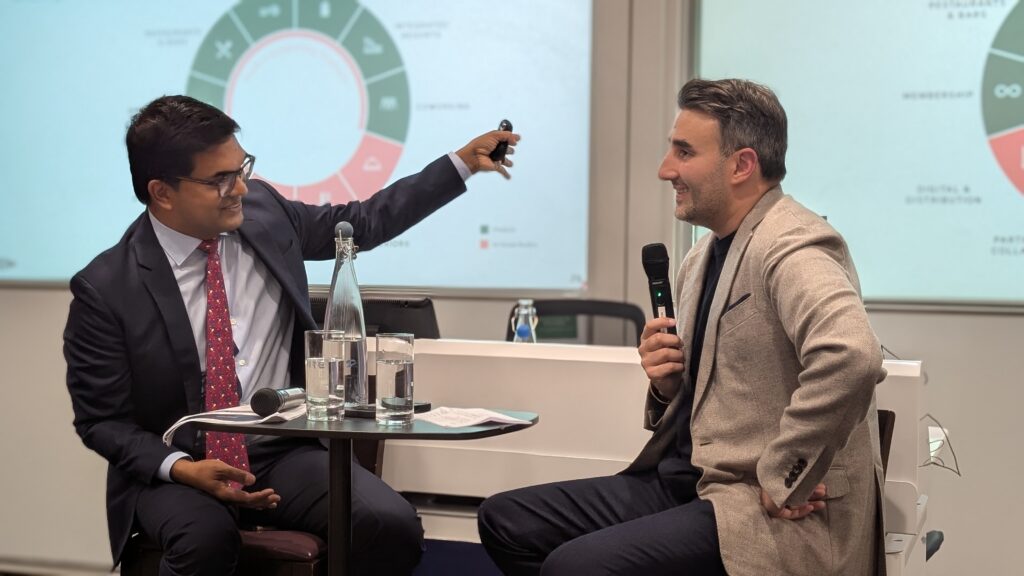
Discovering hospitality
When Sharan arrived at London Business School, he was already searching for something different. He led the Entrepreneurship Club, interned in private equity, and even co-wrote a prize-winning thesis on student housing. But the real turning point came when he reached out — on a whim — to Isadore Sharp, founder of Four Seasons. Against the odds, Sharp responded, and Sharan spent 45 minutes with one of the most influential hoteliers of his time. What stuck wasn’t the glamour, it was the philosophy: “luxury is about how you make people feel.”
That idea has stayed with him. He often says he hires for care — the unteachable instinct to light the candle, to notice the coat half-slipping from a chair, to remember a name without making a show of it. For him, hospitality is about the little things that guests actually remember, the moments that make them feel good.
Shoreditch and the first Hoxton
That insight came to life when he discovered a tired hotel in Shoreditch. Rather than compete on thread counts or star ratings, he set out to make it part of the neighbourhood. The lobby became a living room, with good coffee, thoughtful food and space for locals to gather. The bet worked. The Hoxton quickly filled with energy, and the model became a blueprint that could travel to Amsterdam, Paris, New York and beyond.
Scaling wasn’t always smooth. Every city had its own rhythms and quirks. In Rome, he discovered locals never sat with their espressos, only stood at the counter — a tiny behavioural detail that meant redesigning service and space on the fly. It’s typical of how he works: watch what people actually do, then adjust. Or in his words, “the only way to learn is to absolutely immerse yourself.”
And “you have to enter into a neighbourhood with a degree of humility.” Do that, and people choose to linger — because the place makes them feel good.
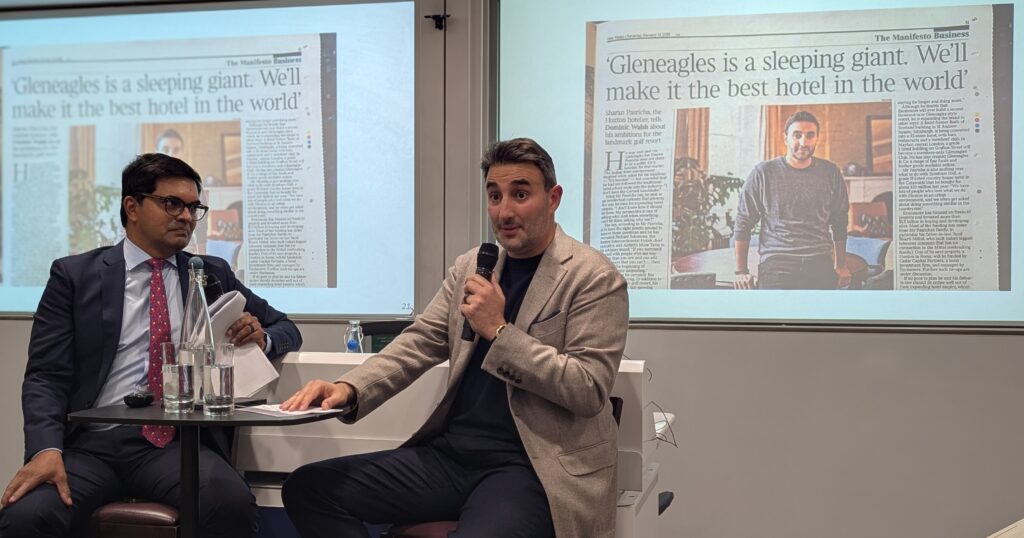
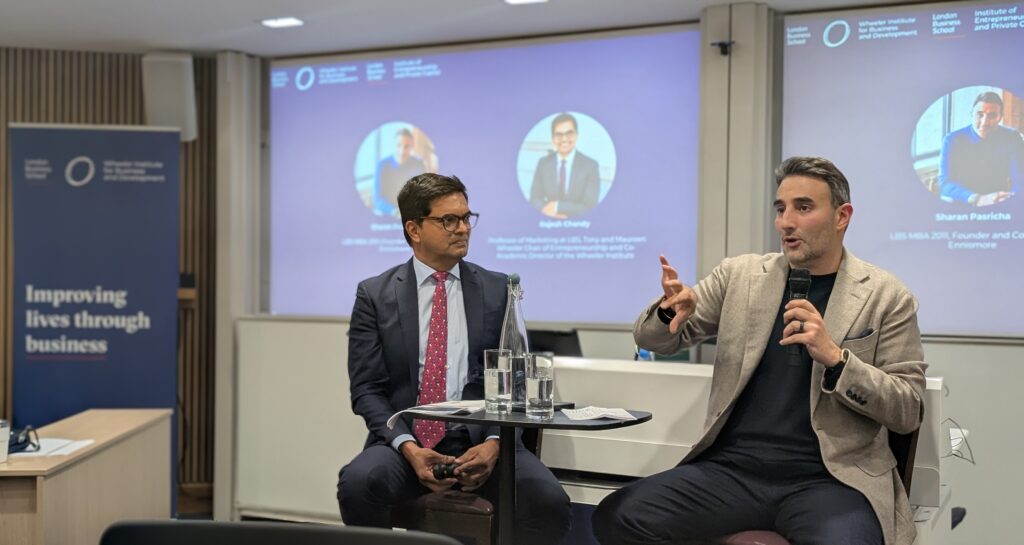
Heritage and luxury at Gleneagles
If Shoreditch was about scrappy reinvention, Gleneagles was about stepping into the world of heritage and luxury. The historic Scottish estate, long owned by Diageo, came up for sale in 2015. Sharan led Ennismore in acquiring it, a move that shifted both the scale and the perception of his work.
Gleneagles wasn’t a blank canvas. It came with a century of tradition — golf championships, royal guests, stories etched into its walls. The acquisition marked more than a new property: it was a signal that Sharan could balance neighbourhood cool with timeless luxury. It stretched Ennismore’s identity and laid the foundation for ventures that sit comfortably at the higher end — different brands with their own point of view, but a shared promise about how a place should make you feel.
Lessons in humility
Not every bet landed. In Portland, a “nearly there” district seemed irresistible. It turned out to be premature. The lesson hurt, but it clarified a rule that now appears obvious in hindsight: be brave about buildings, cautious about micro-locations. You can bring energy to a neighbourhood; you can’t outrun a neighbourhood that isn’t ready to receive it. That humility — the willingness to say “we were early, and we learned” — is as much a part of the journey as the openings and the awards.
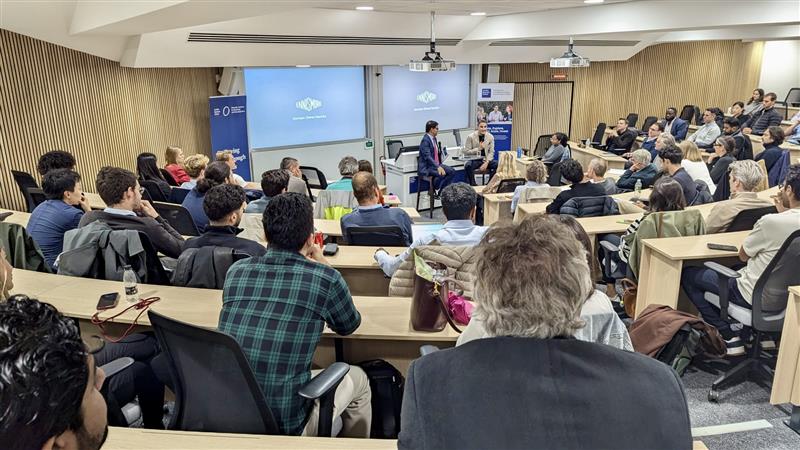
Purpose at the heart of Ennismore
Some of the most galvanising work had little to do with P&L sheets. When Ennismore’s team “adopted” a homelessness charity — helping to negotiate leases, design a shelter, raise funds and volunteer their time — it reshaped the company. Sharan recalls: “where you work says so much about who you are.” People want to belong to a mission, not just a logo. That sense of meaning became part of Ennismore’s identity, attracting people who want to build places that care — and reminding everyone that “brands with purpose? they win.”
Adapting through crisis
Early 2020 brought a jolt. “I thought I might lose the business,” Sharan admitted. The pandemic emptied hotels overnight. Payrolls remained, refunds mounted, and cash evaporated. The crisis forced tough decisions. But Sharan used the moment to consolidate — culminating in a joint venture with Accor in 2021 — and shifted from founder to co-CEO.
He often reminds his team: “consumers are smart.” Lifestyle hospitality is still only a small share of global hotels, but he argues it’s where the energy is. “Don’t underestimate this segment,” he says, because it’s where travellers feel most connected. In his view, if a brand is thoughtful, distinctive, and people-centred, it will endure.
The road ahead
Ennismore’s portfolio spans value to luxury, bedrooms to members’ clubs, hotels to branded residences; yet the centre of gravity hasn’t moved. It remains that simple, stubborn conviction born in Shoreditch and tested in Scotland: if you design for people, not for pictures, neighbourhoods will make room for you — and guests will come back because it felt right.
About the speakers
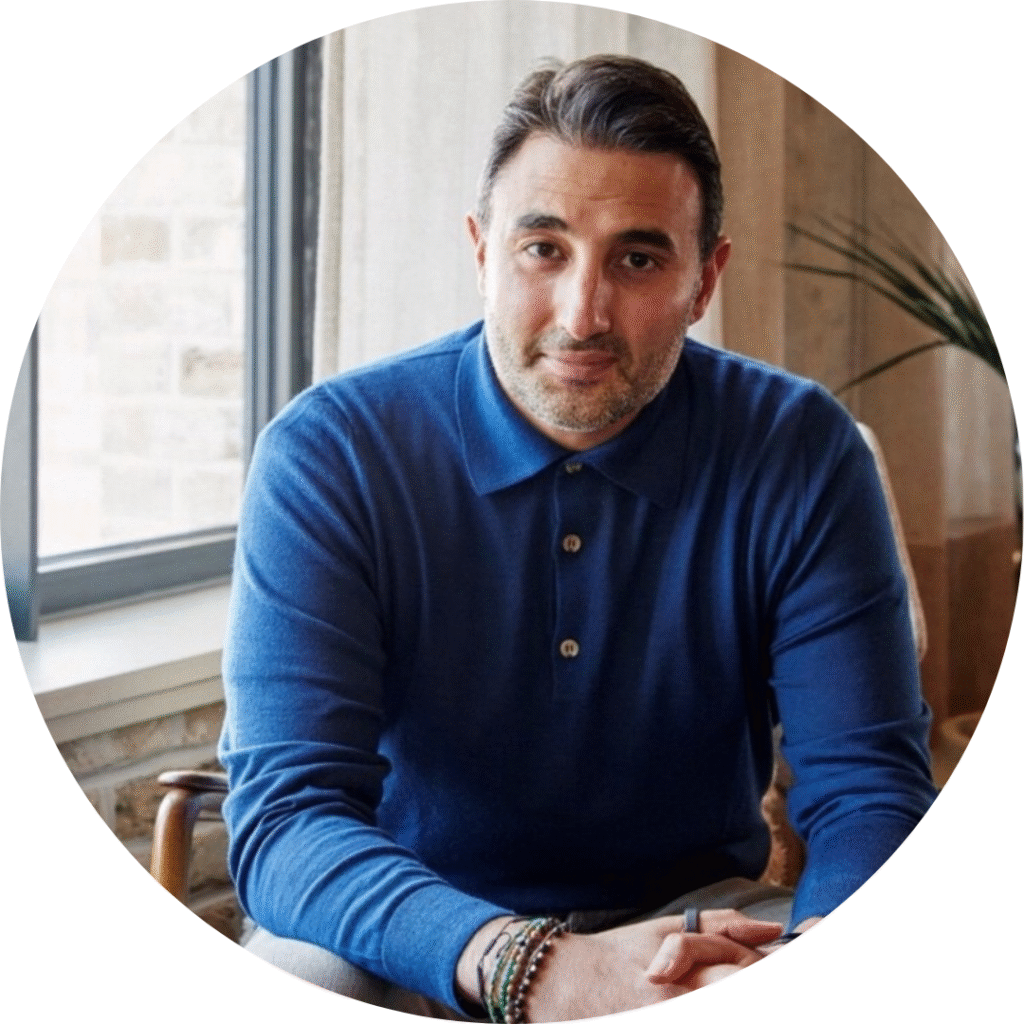
Sharan Pasricha is the Founder & Co-CEO of Ennismore, a global collective of entrepreneurial and founder-built brands with creativity & purpose at their heart. Pasricha founded Ennismore in 2011, and under his leadership, it saw exponential growth, including the global expansion of The Hoxton, a global series of open-house hotels; the reinvention of the iconic Gleneagles, the glorious playground in Scotland’s The Ochil Hills and Gleneagles Townhouse hotel and members’ club in Edinburgh, and the creation of Working From, a shared community workspace. Sharan founded Maison Estelle, the private members club in Mayfair, London, and Estelle Manor, the country club and hotel in Oxfordshire. During this time, Ennismore was included in Fast Company’s World Most Innovative Companies in 2020 and 2021 and the Financial Times’ Future 100.
In 2021, Sharan and Accor entered a joint venture, creating the world’s fastest-growing lifestyle and leisure hospitality company. Today, Ennismore brings together an unrivalled lifestyle collective of 13 brands rooted in culture and community, including 25hours, Hyde, Mama Shelter, Mondrian, and SLS; Immersive Resorts creating havens for escapism and entertainment with Our Habitas and Rixos; and a collection of Iconic Luxury Venues pioneering the art of exclusive culinary destinations with Rikas and Paris Society.
Sharan has been included in Conde Nast Traveller’s ‘50 People Changing The Way We Travel’ and The Caterer’s Top 100 Most Powerful People in Hospitality. He was also awarded the Alumni GOLD (Graduate of the Last Decade) by his alma mater, London Business School, in 2018 – where he obtained his MBA, and The Cateys 2024 International Outstanding Achievement Award. Sharan was awarded an MBE in The Queen’s Birthday Honours in 2022.

Rajesh Chandy is Professor of Marketing and the Tony and Maureen Wheeler Chair in Entrepreneurship at London Business School, where he is also the Co-Academic Director of the Wheeler Institute for Business and Development. Rajesh’s current research lies at the intersection of business and development. His recent projects have covered the impact of business skills among micro-entrepreneurs in South Africa, novel financing approaches in Ghana, property rights in slums in Egypt, innovation among farmers in India, highways and private education expenditures in India, and using big data for development outcomes.
Rajesh is a member of the advisory board of the Journal of Marketing and a Co-Editor of the journal’s special issue on “Better Marketing for a Better World”. He is also co-editor of the Management Science special issue on “Business and Climate Change,” and previously served as an Area Editor for the Entrepreneurship and Innovation area at Management Science. His research and publications have received several awards, including the Mahajan Award for Lifetime Contributions to Marketing Strategy Research.
About the writer

Keertana Anandraj (MBA 2026) is an intern at the Wheeler Institute for Business and Development. Prior to joining London Business School she was a member of the International Sustainability Standards Board’s Technical Staff where she helped develop the first-ever global sustainability standards on climate-related risks and opportunities. A graduate of Wellesley College, Keertana is passionate about the role businesses can play in tackling the climate crisis.
